If you throw a stone in present-day Nairobi today, you might fracture the skull of a baby daddy, because, after fanny packs and Sauvage Dior, Nairobi is dripping with an avalanche of baby daddies. For the avoidance of doubt, I am not one (yet?).
Since June 19, 1910, when the first Father’s Day was marked, a lot has changed. One in 20 children has lost a father while one in 100 children only has the father alive. It needn’t be, but needless to say, a majority of men in prison grew up in a fatherless home—one of those Halley’s Comet moments when the symptom is also the sign of the disease. This is according to a study of Kenya’s main prisons that found at least 46 percent of all inmates were fatherless or came from broken families.
There is no shortage of men in Kenya, but rarely do we hear of men collectives that play father figures in society. We haven’t earned the right to be called father, so we mishandle the word as if it were a hot potato. I do not sneer at the privilege I have had to have fathers around me; from my biological father to high school where I sheltered under the wings of Kariuki, the school messenger and electrician who tripled as my accountant and soundboard in matters letter writing.
And in campus where I had lecturers who became friends, and later in employment, men who guided me and opened up their networks, earning me some much-needed social capital (it doesn’t matter who you know, but who knows you). Now, fatherhood has been left as the preserve of church-based men’s programs such as the sought-after ‘Man Enough’ program by Mavuno co-founder and pastor Simon Mbevi. The Kenyan Anglican Men’s Association (KAMA) also takes a stab at men and leadership, as does my church too, which I shall refrain from mentioning because my pastor reads this blog and we don’t know each other like that. Didn’t the tortoise say that it always travels with its musical instrument in case it meets other musicians?
Look, it is time we reimagined fatherhood in this nation. Not since Moi died has the nation lacked so much in fatherhood. For all his misgivings—and they were plenty—Moi inculcated a structure of familial relations that was at the core of nationalism. In ignorance lies bliss, and thus Moi was the father of the nation. Baba wa taifa. We felt safe. Being in Moi’s presence was a religious experience for the men then, in much the same way an audience with Pope Francis is to Catholics. Or at least that’s how my own father paints it. Before him (Moi, not my father) was the Founding Father of the nation—Mzee Jomo Kenyatta—which led to his begotten son undoubtedly earning his nickname ‘kamwana’ (son). Even former Prime Minister Raila Odinga is colloquially known as ‘Baba’—such is our fixation with strong masculine leaders. For all these men, their children too are part of the national discourse, embodying the transferred status of fatherhood. Now the president must just be a father. Alas, we also have another kind of father, the mubabaz—who are like fathers, but lewd, horny, and the reason Viagra still sells on account of their paunched thirst for yellow yellow 20-somethings with the flat bellies of an African rock python.
I’m a sucker for fathers. I didn’t grow up enough with my father, as I got shipped across several aunties’ houses in a curious case of family-arl shuttle diplomacy. My father, at that time, was a bit footloose. I mean, he was 21. At 21, I was getting warning letters for playing loud music in my campus room. Today is tricky in this pseudo-masculinity era. It was much easier back in the day, when fathers were all about nyama choma, kanywajis, and lowbrow politics. I haven’t talked to my old man in a bit. We have a mutual understanding forged over Sh1500 bob pocket money and salamu from Kakuyiaa and Shomo duo taa Olee on high school opening days. Our father-son relationship was/is punctuated by yawning silence.
A cavernous silence that perhaps offers some succour amid the gloom—I joke that we should have been a monastery. You probably grew up with a silent father too. Not that mine would not talk. On the contrary, when he was a bit tipsy, he’d sit me down and go on and on about his past conquests. But I wanted to listen to him when he was sober, when our shy personalities would clash, and the awkward silence would fill the cracks in our conversations. In short, I wanted the person, not the persona.
I do know that how fathers shape childhood outlines itself in adulthood. Take me, for instance: in my interactions with someone’s daughter, when she pisses me off, I retreat into my cocoon and shut her whole gender out. I go silent. My walls of Jericho are built such that not even a Trojan horse could sneak in without suffering from acute withdrawal symptoms.
I also know that it takes two to tango. That I could also pick up the phone and call him, and speak. But guys, I’m shy. I can’t even shout at a fly. So, we keep our conversations purely transactional, with one-word replies that the ma-manzi wa Nairobi have perfected: “Niko poa.” “Asante.” “Nitakupigia.” It’s the ultimate hologram of free speech, but a mirage of frank speech. So, this Father’s Day, I am reviewing what I could do better as a son. Deep down, I want to push my father with words. I want to hear his words. I want to know why he shaves bald, and what he thinks about Kamurar Maasai’s music. And, of the 3,903 football clubs in the world—why Arsenal? But I am afraid that I may be too formed, that the bridge may be too big, and the path too narrow. That we may have both grown and become our truer selves. Quietly. Sometimes I would open my mouth and want to ask him something, but then I’d choke on the words. Probably he did, too.
Tap me before I start oversharing, but I have seen a lot of man-friends with the same father-son dynamic. I don’t know, but maybe Maasai fathers need to know it is okay to laugh with their children? But this kind of retribution is like drinking poison and waiting for the other guy to die.
See, when the president raised the concerns about single-parent homes, it got me shaken. I imagine then, my 20, okay 21-year-old father, in Olamal. And me there, kicking in my mother’s womb. I am not a very stubborn child, depending on who you ask, and when you ask. But he, my old man, never absconded his fatherly responsibilities—guy really worked his balls off. Of course, that is akin to praising a fish for swimming, but that has been the perpetual lesson learned: a man takes responsibility. A man is responsibilities.
“It’s your life, nimeishi yangu,” he’d say. I’d detect a tinge of wistfulness. It’s your life. So simple, so profound, so empty. It was his fatherly duty to give us the eyes to see, and the words to speak.
This is to all babas out there, but mostly this is for my baba. He is the straw that stirs the drink. For he is the kind of man who has been through it all: had a job, lost a job, punched a boss for segregation (atta boy!), had a business, lost the business, fell from giddy highs to dizzying lows, and still put food on the table. Daily. Childhood’s highest pleasure is rooted in the illusion that our parents have some idea of what they’re doing. The casts and shards and needles of adulthood prove otherwise. Adulthood is a Ponzi scheme: parents squabble, they throw words at each other, they use kids as collateral, they play reggae music—LOUDLY—at 5.30 am. Every day. In other words, they are human.
But for all his flaws, baba has never claimed to want to dictate my life. He has never told me what to do, or how to be, mostly because, depending on who you ask, and when you ask, I am a ‘very’ not stubborn child. I wish we would talk more, but you win some, you lose some. I choose to honor that, this Father’s Day.
“It’s your life. Nimeishi yangu,” my father would tell me.
I have done many projects in Central Kenya and always gnarled when I met men who chose to keep their mother’s name as their surname. History has taught us that Kikuyu was a matriarchal tribe. The Gikuyu and Mumbi daughters married the nine “men.” History, too, needs to check its notes because it’s not just the daughters from the mountain. All around, women are leading homes. She leads Africa? No, she leads everywhere.
At the risk of reductionism, there is such a crisis of masculinity that either you are from a single-family home or dating a lady with daddy issues—or both. As I have grown older, I am trying to be a boyfriend then husband (husfriend?)—not someone whom you call daddy—and actually mean it. It is the same reason a man/woman/all would go to church and start calling the pastor mom/dad. We gravitate toward what we lack the most.
The world may have moved on, but some values remain timeless. The need for fathers to be more than just providers but also nurturers, guides, and friends. The need for open communication, for breaking the cycle of silence that often defines our relationships. Maybe it’s time to pick up the phone and start that conversation, however awkward it might be. Maybe it’s time for us, the sons and daughters, to push past our shyness and reach out. It’s a small step towards a bigger change.
This Father’s Day, let’s honor the fathers who’ve been there, who’ve tried, and even those who’ve failed but keep trying. Let’s reimagine fatherhood for the next generation, making it about presence, responsibility, and open hearts. For all their imperfections, our fathers are a reflection of our own struggles and triumphs. And in understanding them, we might just understand a bit more about ourselves.
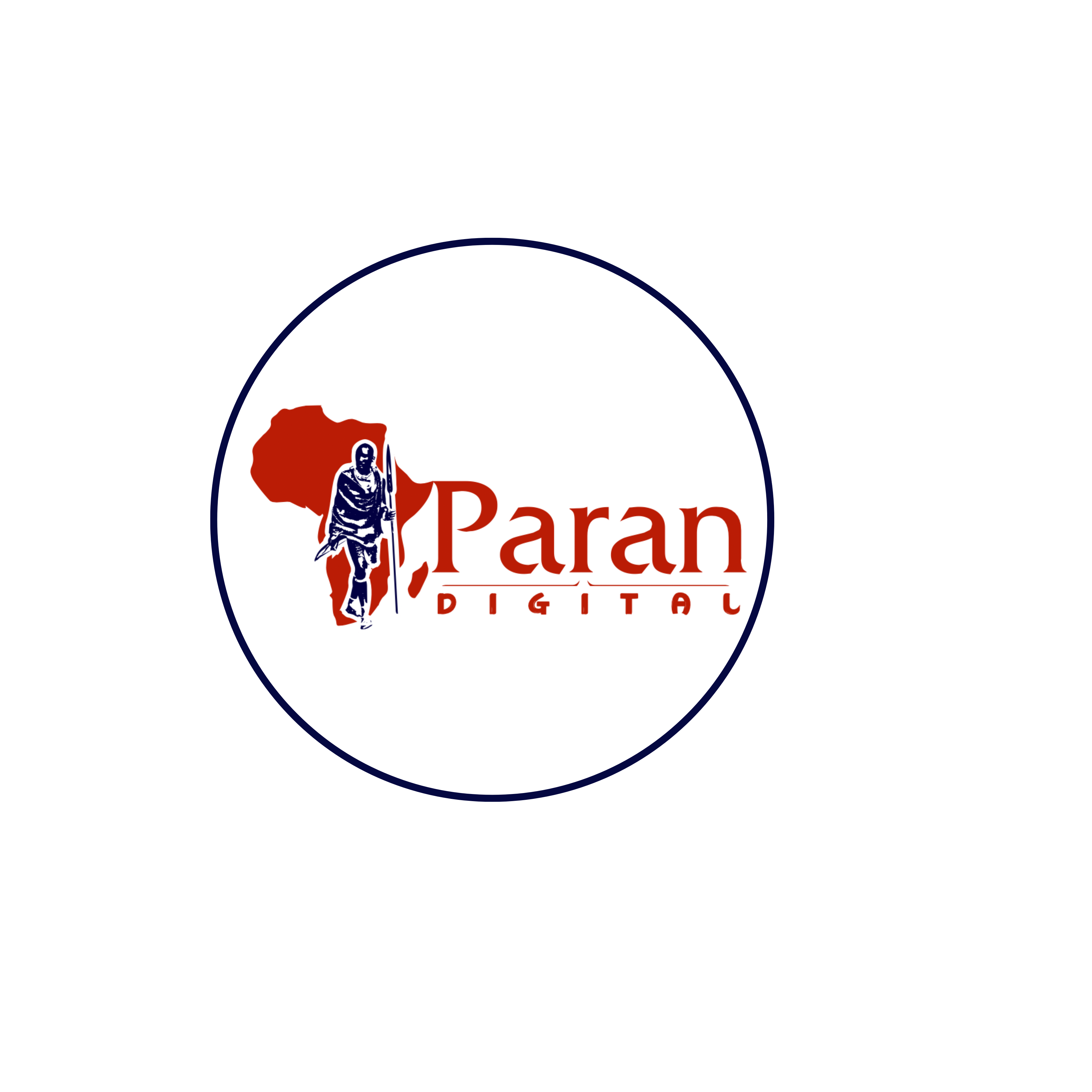
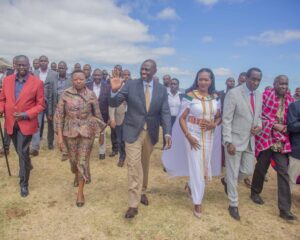
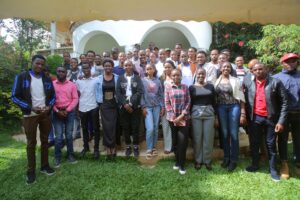
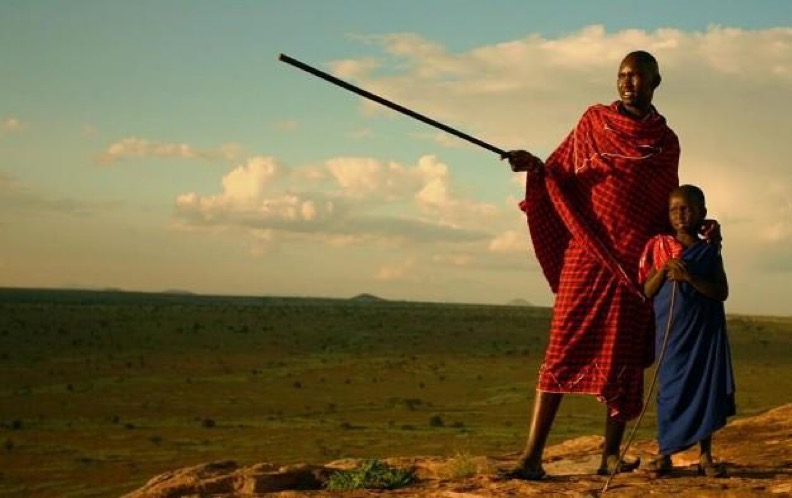
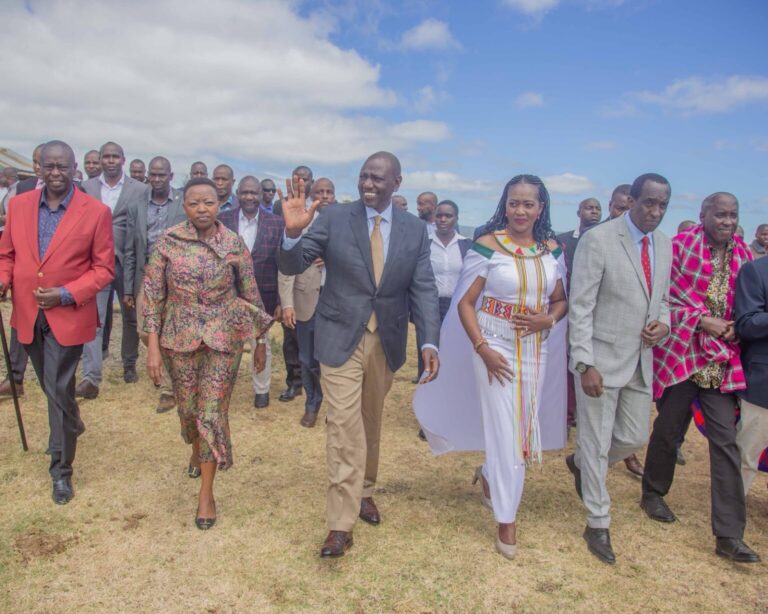
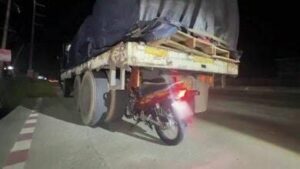
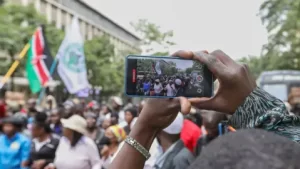
This is such a beautiful piece. Wonderfully written 👌 good job.